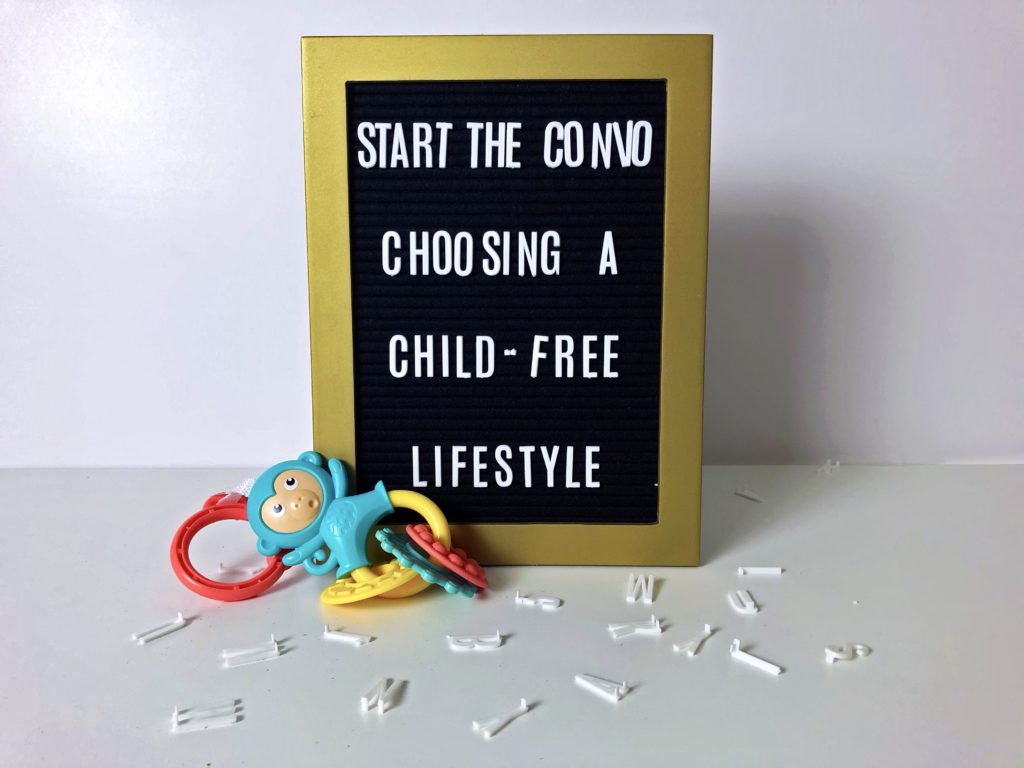More women are shedding the expectation of childbearing and opting to live child-free lives.
By Regine Malibiran, Photo by Sam Pitkin
First comes love, then comes marriage, then comes Baby in the baby carriage—or maybe not. In 2018, there were only 3.79 million babies born in the United States, the lowest number since the 1980s, according to the National Center for Health Statistics. Now that even the youngest millennials are approaching their mid-20s, Americans are asking, “Why are more women choosing not to have kids?”
Answers range from financial barriers to the rise of contraceptives to high maternal mortality rates. According to the Centers for Disease Control and Prevention, about 700 American women die from pregnancy-related complications annually. Black and American Indian/Alaska Native women have particular cause for concern, as they are three times as likely
to die from pregnancy-related issues as their white counterparts.
These are just the overarching challenges women consider. There are more personal factors as well, such as the choice of partner, prioritizing one’s career or fertility issues. Future-thinking individuals also worry about the effect of climate change on their potential children and contrubting to the world’s overpopulation. Women from marginalized communities have the added worry of what it means to raise a child in our nation’s current political climate.
The Pew Research Center found childlessness is most common among women with higher education. White women currently lead the pack, but rates of childlessness “rose more for nonwhites than whites between 1994 to 2008.”
Regardless of any individual woman’s decision, the consequences can be difficult to contend with. Mothers face a severe lack of structural support. In Texas, the most uninsured state in the U.S., the average price for a vaginal delivery is $7,349. But a woman needing a cesarean section can expect that cost to rise to $10,576. Plus, the U.S. is one of only two nations in the world that doesn’t have federally mandated maternity leave.
On the other hand, women who don’t become mothers are often met with judgment and accusations of selfishness.
“There’s an inherent value attached to women as long as they produce because that’s what we’re ‘made for,’ ” says Crystal Rivera, a digital-marketing consultant.
Rivera has known she doesn’t want to have kids since she was in her early 20s, when her hometown friends started to have children of their own.
“I saw the reality of becoming a parent when I was just starting to taste a certain amount of independence and the ability to pursue the kind of life that I wanted,” Rivera recalls. “I just realized that it wasn’t something for me and it wasn’t something that I wanted to make space for.”
Rivera has had about 10 years to practice her response to the undying question of whether she plans to have kids and the often well- intentioned but still invasive follow-up query: “Why?” However, she cautions people against the urge to pry.
“There’s such a sense of entitlement in asking why, and it often skips over the fact that there’s a lot of reasons why someone may decide not to have kids,” Rivera says. “Maybe the decision was taken out of their hands and they had to make a choice to accept it.”
For her part, Rivera is perfectly content with her status as the “cool aunt.” Not having children has allowed her to pursue whatever ambitions she has at the time, “which has manifested in a lot of international travel and living abroad for a while.”
Rivera firmly believes in women’s agency and the need for support, regardless of a woman’s choice.
“I deserve to be able to decide I’m not going to be a mom just as much as someone deserves to decide they want to,” she says, “and they get the support that they need to do it.”
HOW TO START THE CONVO
Seek to understand. Know not every woman is comfortable sharing her reasons for not having children, and if she is, treat her decision and situation with consideration and respect.
Find community. Women without children often feel isolated. Groups like Babes without Babes and The Not Mom provide opportunities
for child-free women to meet, interact and share their stories.
Support women’s health issues. Conduct research on your local political representatives and legislation to advocate for more resources to support women’s health, regardless of women’s individual choices about having kids.
CHILD-FREE WOMEN BY THE NUMBERS
1 in 5: According to the Pew Research Center, nearly one American woman in five reaches the end of her child-bearing years without having borne a child, compared with the 1970s, when one U.S. woman out of 10 was childless.
$7,349: The average price for a vaginal delivery in the state of Texas is $7,349, with that figure increasing to an aver- age of $10,576 for a cesarean section.
3.79 million: In 2018, 3.79 million babies were born in the United States, the lowest number, according to the National Center for Health Statistics, since the 1980s, marking a 32-year low.



